
EAC Successfully Tests Rapid Expert Pool for Infectious Disease Response
The East African Community (EAC) table-top simulation exercise (TTX), organised by the EAC Secretariat alongside Partner States and other technical partners, has successfully tested the activation of the newly established regional rapidly deployable expert pool today in Nairobi, Kenya.
The expert pool, established in 2020, draws on lessons learned from the Ebola outbreak in West Africa in 2014/15, as well as other infectious disease outbreaks within the EAC, to ensure a prompt regional response to such crises by working with regional experts.
The primary objective of the TTX was to identify strengths and areas for improvement in collaboration and coordination between national, regional, and continental levels during an outbreak scenario. Additionally, it aimed to develop a roadmap, including recommendations on how to integrate the EAC's rapidly deployable expert pool with the AVoHC-SURGE initiative to facilitate joint planning, deployments, and capacity development.
A TTX is a facilitated discussion conducted in a low-stress environment where participants meet to discuss their roles during an emergency, practise their responses, and identify areas for improvement in a specific scenario.
The simulation exercise was part of a three-day workshop, which began with a joint training session by the Africa Centres for Disease Control and Prevention (Africa CDC) and the World Health Organization Regional Office for Africa (WHO AFRO).
This training aimed to strengthen capacities and knowledge among Partner States and EAC experts regarding regional and continental guidelines and mechanisms for rapid response, focusing on the African Health Volunteers Corps and Strengthening and Utilising Response Groups for Emergencies (AVoHC-SURGE) initiative, which is implemented across the continent.
During the closing ceremony of the training, Dr Eric Nzeyimana, Principal Health Officer at the EAC, speaking on behalf of the EAC Deputy Secretary General in charge of Infrastructure, Productive, Social, and Political sectors, Hon. Andrea Ariik, stated that the EAC simulation exercise, utilising the lessons learned and recommendations, positions the region well for future epidemic and pandemic outbreaks.
Dr Radjabu Bigirimana, AVoHC Lead at the Africa CDC, highlighted the mutual benefits of the close collaboration between the EAC Secretariat and the Africa CDC through the AVoHC-SURGE initiative. "A collaboration framework is being developed that will allow us to join forces in outbreak response through joint rostering of experts, capacity building, and deployments within the EAC and across the continent," he said.
Dr Arisekola Ademola Jinadu, Technical Officer for the International Health Regulations (IHR) Monitoring and Evaluation Framework, reminded participants of the importance of following up on the outcomes and recommendations of the simulation exercise at all levels to inform other ongoing preparedness and response efforts.
The training and TTX brought together over 50 experts from the health, environment, and livestock sectors responsible for emergency preparedness and response in the EAC Partner States, as well as from the EAC Secretariat, WHO AFRO, Africa CDC, Deutsche Gesellschaft für Internationale Zusammenarbeit (GIZ) GmbH, and the German Epidemic Preparedness Team (SEEG).
Together, they simulated a response to a cross-border Ebola Virus outbreak in the EAC region.
Links
- 83 views

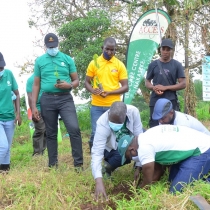

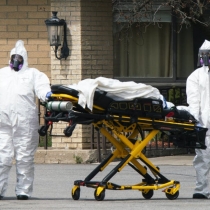


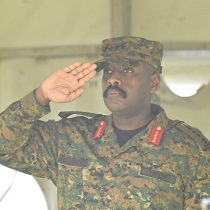

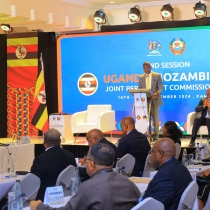
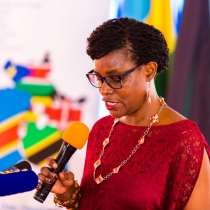


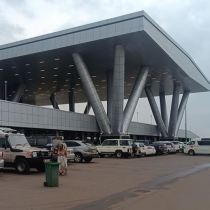



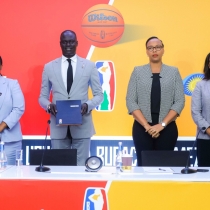




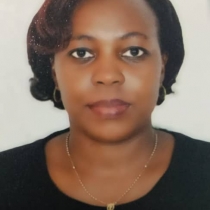

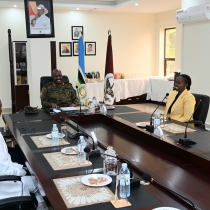
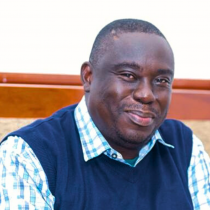






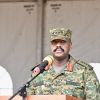












Join the conversation